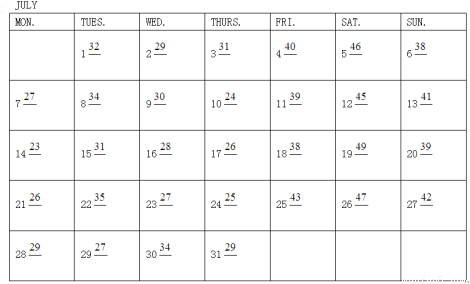0 130656 130664 130670 130674 130680 130682 130686 130692 130694 130700 130706 130710 130712 130716 130722 130724 130730 130734 130736 130740 130742 130746 130748 130750 130751 130752 130754 130755 130756 130758 130760 130764 130766 130770 130772 130776 130782 130784 130790 130794 130796 130800 130806 130812 130814 130820 130824 130826 130832 130836 130842 130850 151629
